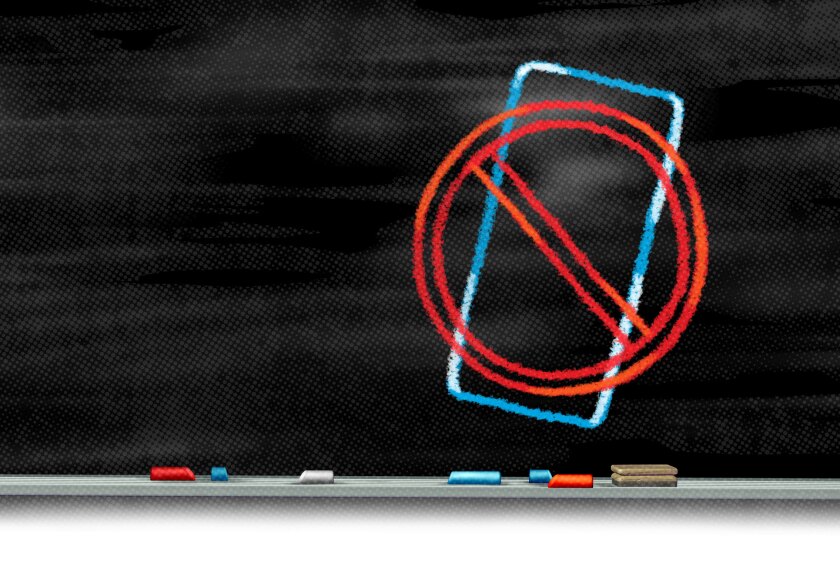A research center to investigate the relationship between new technologies and academic achievement is being launched at the University of California, Los Angeles with funding from the U.S. Department of Education’s Institute of Education Sciences.
The $10 million grant, provided over five years, will help fund the National Center for Advanced Technology in Schools, headed by Eva Baker and Greg Chung from UCLA’s National Center for Research on Evaluation, Standards, and Student Testing, and James Stigler from the UCLA department of Psychology.
Researchers aim to conduct initial studies on the effects of two-dimensional games on middle school students’ mathematics skills. There are plans to expand the work to include science.
The center is expected to work closely with PowerSource, a middle school formative-assessment program for math developed by CRESST. It will open at the end of this month.







